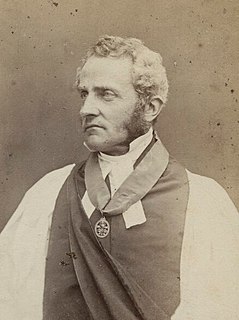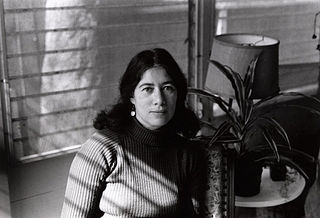A Quote by Arthur Penrhyn Stanley
Every one of us knows how painful it is to be called by malicious names, to have his character undermined by false insinuations, to be overreached in a bargain, to be neglected by those who rise in life, to be thrust on one side by those who have stronger wills and stouter hearts. Every one knows, also, the pleasure of receiving a kind look, a warm greeting, a hand held out to help in distress, a difficulty solved, a higher hope revealed for this world or the next. By that pain and by that pleasure let us judge what we should do to others.
Quote Topics
Also
Bargain
Character
Difficulty
Distress
Every
False
Greeting
Hand
Hearts
Held
Help
Higher
His
Hope
How
Judge
Kind
Knows
Let Us
Life
Look
Malicious
Names
Neglected
Next
Others
Out
Pain
Painful
Pleasure
Receiving
Revealed
Rise
Should
Side
Solved
Stronger
T Pain
This World
Those
Thrust
Undermined
Us
Warm
Wills
World
Related Quotes
Pain and pleasure, like light and darkness, succeed each other; and he that knows how to accommodate himself to their periodical returns, and can wisely extract the good from the evil, knows only how to live: this is true contentment, at least all that is to be had of it in this world; and for this every man must be indebted not to his fortune, but to himself.
Because he knows you have to laugh at the things that hurt you just to keep yourself in balance, just to keep the world from running you plumb crazy. He knows there's a painful side; he knows my thumb smarts and his girlfriend has a bruised breast and the doctor is losing his glasses, but he won't let the pain blot out the humor no more'n he'll let the humor blot out the pain.
But I must explain to you how all this mistaken idea of denouncing pleasure and praising pain was born and I will give you a complete account of the system, and expound the actual teachings of the great explorer of the truth, the master-builder of human happiness. No one rejects, dislikes, or avoids pleasure itself, because it is pleasure, but because those who do not know how to pursue pleasure rationally encounter consequences that are extremely painful.
Almost every sin is committed for the sake of sensual pleasure; and sensual pleasure is overcome by hardship and distress arising either voluntarily from repentance, or else involuntarily as a result of some salutary and providential reversal. 'For if we would judge ourselves, we should not be judged; but when we are judged, we are chastened by the Lord, so that we should not be condemned with the world.' (1 Cor. 11:31-32).
Our government should work for us, not against us. It should help us, not hurt us. It should ensure opportunity not just for those with the most money and influence, but for every American who's willing to work. That's the promise of America - the idea that we are responsible for ourselves, but that we also rise or fall as one nation; the fundamental belief that I am my brother's keeper; I am my sister's keeper.
It will comfort us when we must wait in distress for the Savior's promised relief that He knows, from experience, how to heal and help us. The Book of Mormon gives us the certain assurance of His power to comfort. And faith in that power will give us patience as we pray and work and wait for help. He could have known how to succor us simply by revelation, but He chose to learn by His own personal experience.
Humility responds to God's will-to the fear of His judgments and to the needs of those around us. To the proud, the applause of the world rings in their ears; to the humble, the applause of heaven warms their hearts. Someone has said, "Pride gets no pleasure out of having something, only out of having more of it than the next man."
If Henry James were still with us, he'd not only approve of Paris, He Said, he could have written it himself, though without his serpentine syntax. It's a delicious treat, studded with wise and beautifully observed detail, that places side by side those perpetually fascinating antagonists, the eager, casual American and the meticulous, pleasure-driven French. Christine Sneed knows everyone's intimate secrets and her book is lively, amusing, and, ultimately, kind to pretty much all of them.
So she thoroughly taught him that one cannot take pleasure without giving pleasure, and that every gesture, every caress, every touch, every glance, every last bit of the body has its secret, which brings happiness to the person who knows how to wake it. She taught him that after a celebration of love the lovers should not part without admiring each other, without being conquered or having conquered, so that neither is bleak or glutted or has the bad feeling of being used or misused.



































